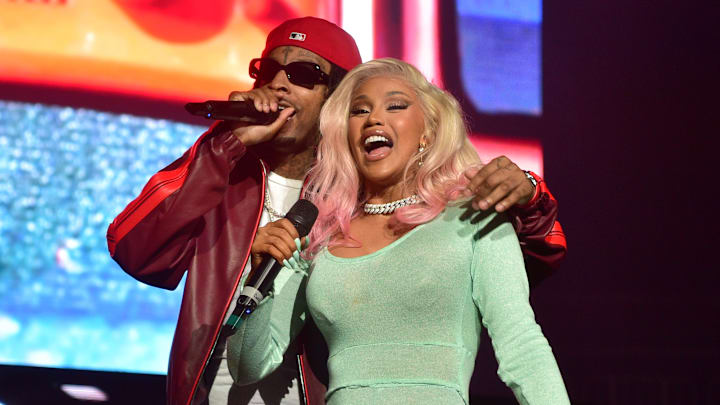In a historic move, 21 Savage, Cardi B, and Nicki Minaj have joined forces with a coalition of 300 artists spanning various genres to support the groundbreaking No Artificial Intelligence Fake Replicas And Unauthorized Duplications Act (affectionately known as the No AI FRAUD Act). This proposed legislation aims to safeguard artists' fundamental rights by prohibiting the use of AI-generated likenesses and voices without consent.
The No AI FRAUD Act: Defending artistry in the age of AI
The No AI FRAUD Act, currently making its way through the **House of Representatives**, seeks to establish federal protections against the exploitation of artistry via artificial intelligence. If successfully passed, this legislation will set a precedent for safeguarding artists' individuality and creativity.
What does the No AI FRAUD Act encompass?
1. Voice & Likeness Protection: The act defends artists' fundamental human right to their voice and likeness, shielding them from nonconsensual deepfakes.
2. Human Artistry Campaign: Backed by the Human Artistry Campaign, the No AI FRAUD Act has garnered bipartisan Congressional support.
3. Industry Allies: It isn't just artists voicing their support. Industry heavyweights such as the Recording Industry Association of America (RIAA), Universal Music Group, and the National Music Publishers’ Association (NMPA) stand behind this crucial legislation.
The "No AI Fraud" Act is a proposed act that aims to prevent the use of artificial intelligence technology for fraudulent purposes. The act would require companies that use AI systems in their business operations to undergo regular audits to ensure that their systems are not being used to commit fraud.
The act would also require companies to take steps to prevent AI systems from being used to create or distribute false information. Additionally, the act would establish a dedicated task force to investigate and prosecute cases of AI-based fraud.
Cardi B's stand against AI exploitation
Cardi B, no stranger to the AI debate, recently threatened legal action against a company that used a deepfake of her voice to promote an Internet scam. In a tweet, she expressed her frustration: "AI is crazy smh…another lawsuit that fell right on my lap…I love easy money." Her stance underscores the urgency of protecting artists' authenticity in an era of technological advancements.
The No AI FRAUD Act serves as a rallying cry for artists worldwide. As the House deliberates, the music industry watches closely. Will this legislation mark a turning point in the battle against AI exploitation? Only time will tell.
